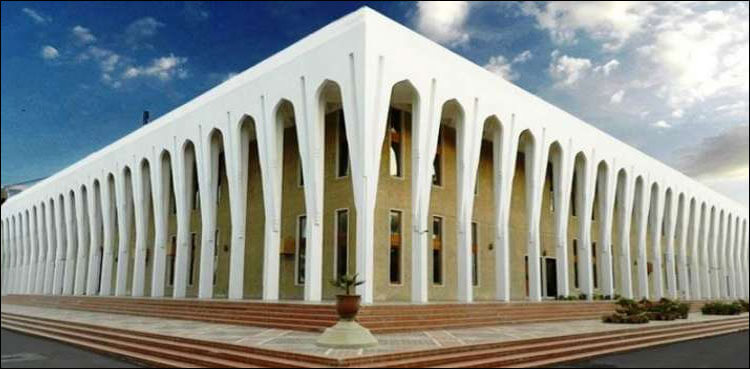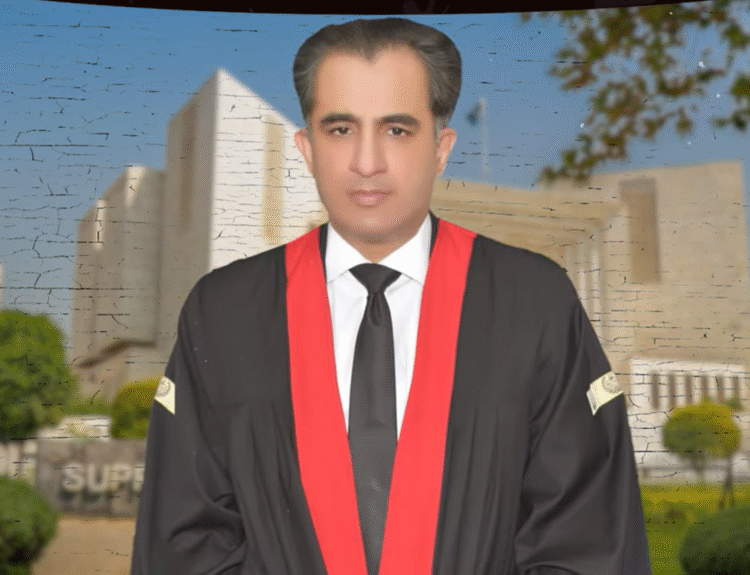Constitutional provisions ensure access to potable water as a basic right but the provincial capital of Balochistan is facing unprecedented water scarcity and poor supply issues, which prompted the Balochistan High Court (BHC) to direct the concerned authorities to devise a policy to monitor excavation of the groundwater in Quetta.
Quetta is famous as the fruit garden of Pakistan but the provincial capital of Balochistan is facing unprecedented water shortage and poor water supply issues resulting in exploitation of the city dwellers being charged heavily by the tanker mafia as well.
A divisional bench of the Balochistan High Court comprising Chief Justice Jamal Khan Mandokhail and Justice Muhammad Kamran Khan Mulakhail on Friday issued directives to managing director WASA, chief engineer irrigation and deputy commissioner Quetta to submit recommendations to the provincial government for uninterrupted access to basic amenity of drinking water to Quetta city.
Appearing before the bench in response to the plea of a citizen in the matter, MD WASA disclosed that most of the tube-wells in Quetta City, are being excavated on the desire and directions of the concerned Members Provincial Assembly without any feasibility study.
He further submitted that before deciding the site for excavation of a tube well, no detailed survey is conducted and whenever a tube well is excavated, it lasts hardly for a year or two. He apprised the court if a policy is evolved with regard to excavation of tube well in Quetta City and measures are taken for recharging of already excavated tube-wells, the issue of the drinking water in Quetta City would be resolved, to some extent saying otherwise, there would be a disaster.
The bench was also informed that already more than 70 tube wells including the tube well in question have been dried, which shows the gravity of the issue. However, MD submitted that the provincial government has acquired a Sewerage Water Treatment Plant in the year 2010 which is dysfunctional due to a shortage of funds.
He stated that to reactivate the plant, an amount of Rs100 million is required and the government has been requested to provide the same for the purpose, adding that if the plant is made functional, the WASA will purify 1.8 MGD of greywater daily to be available for industrial, agriculture and construction purposes.
During the course of proceedings, Chief Justice Jamal Khan Mandokhail observed the current situation of water at Quetta as alarming saying it seems that there is no seriousness on the part of the government to tackle such a serious issue.
After a brief hearing of the matter, the bench said in its order, “ Keeping in view the scarcity of water in Quetta city, the deputy commissioner, Quetta, the chief engineer irrigation (monitoring) and the MD WASA should hold a meeting to submit a proposed mechanism and a proposed policy to monitor the excavation of the groundwater in Quetta City and to submit recommendations to the Government enabling it to take immediate steps for recharging of underground water and also to suggest alternate arrangements for the provision of drinking water for Quetta City”.
Chief Justice Mandokhail said the committee may also suggest amendments, if any, in the WASA Act, Rules & Regulations. He directed the secretary irrigation and the Secretary PHE to provide full assistance to the committee. Chief Justice Mandokhail said that the committee may also get input from any institution, department or officer etc.
Later, seeking a comprehensive progress report from all the committee members along with the details in person the bench adjourned hearing of the matter till June 8.




